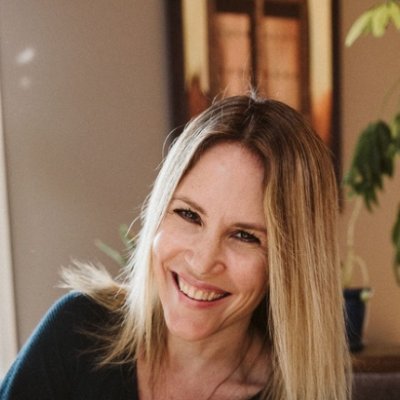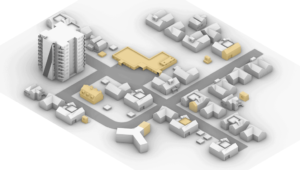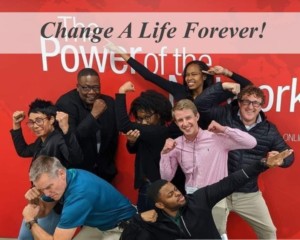Why We Should Know Our Bigger History

Don’t know much about history? Well, Sam Cooke may sing a song about NOT knowing much about history, but maybe we all SHOULD know a lot about history–not just the history of mankind, but also the history of the whole universe. Big History Project, a free, online, open source curriculum featuring units of study from 13.8 billion years in the past until today, seeks to expand our knowledge of history, the natural sciences, and the impact humans have had on the universe. Big History has engaging videos, animations, articles/texts, infographics, and classroom activities for middle and high school students. Big History is deployed in a variety of ways, in world history and science classes, and/or block integrated classes.
Some questions to ponder:
- Why do we teach the history of mankind and leave out most of the 13.8 billion year history of the universe?
- Why do we separate natural history from world history when they are so related?
- How have science and math influenced human history?
We’ve been watching the Big History videos, tailored to the pre-teen and teen audience in smart and savvy ways (the videos are also engaging for adults!). Students watch the videos and then they can take quizzes and earn badges. A video on the formation of stars detailed the complex chemical reactions. Teachers, use these videos to flip your classroom. Parents, watch these with your kids!
The second video, on human development, features commentary about humans as a tiny blip on the radar screen of history. The video points out that humans are important and complex–a validating sign of human of significance and a reminder of our insignificance in the sweep of history.
This gives kids lots to digest in a history or science class, and we can also envision the journal assignments and reflections would be great for autobiographical writing.
Conversations about human significance are challenging and valuable for middle and high school students. At an age when students are often struggling to figure out their place, knowing our “big history” might allow for some perspective taking. For example, there is a growing canon of research about the importance of children knowing their own family history–this is associated with resiliency, increased coping skills, and better grades.
Knowing our “big history” might also be associated with increased resiliency, perspective taking and empathy. It might also help us have a deeper appreciation for all life forms, and embrace a feeling of connectedness to all things in the universe, including to each other.
A very compelling reason to teach “big history” may be simply to cultivate these qualities in our children. If Big History Project accomplishes this (by teaching “big history” as its name suggests), then teaching it may change the outcome of life on our planet for future generations. Perhaps this is a big feat for a small, non-profit, free and open-source, rich content platform. But we think it’s possible.
The best endorsement is from Big History teachers. “I taught the course at the Denver School of Science & Technology for three years and I can honestly say it was an incredibly engaging and relevant learning experience for both me and my students.” Jim Stephens was part of the pilot program to launch Big History. He recently commented on a New York Times magazine article.
Stephens appreciates that the content was was designed and tested by effective educators. “Bill Gates and his team at the Big History Project intentionally designed a process that allowed teachers and students to co-create a learning experience that was personalized to meet each school’s needs, something unheard of in public education.” Stephens appreciates the course alignment with state and national standards and “an amazing interdisciplinary and dynamic online platform, and organized a professional learning community like nothing I had ever experienced.”
This blog is brought to you by Big History Project as part of a series. For more stay tuned for the Getting Smart on Big History bundle and see the other posts in this series:








0 Comments
Leave a Comment
Your email address will not be published. All fields are required.